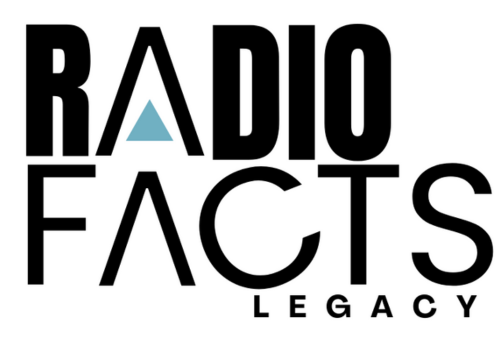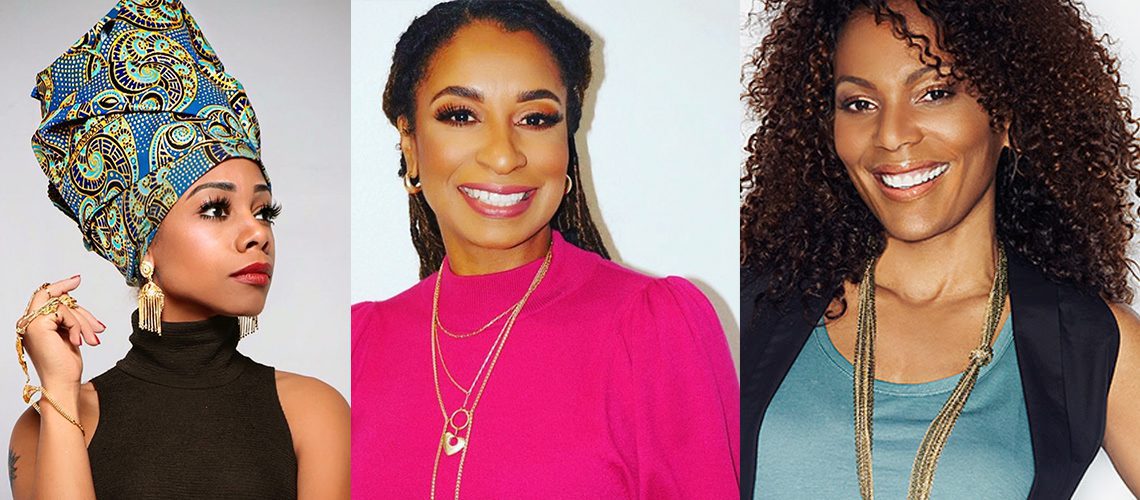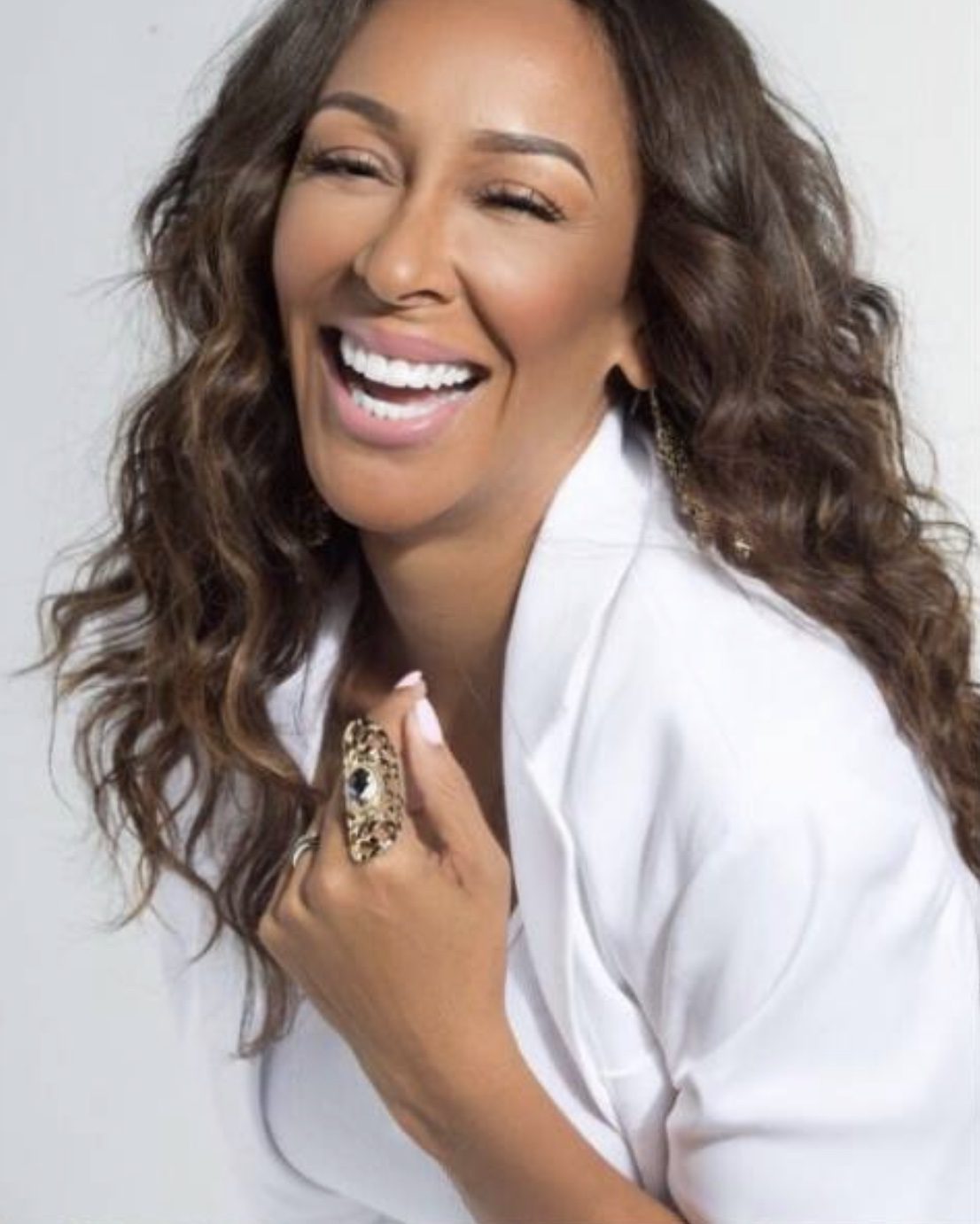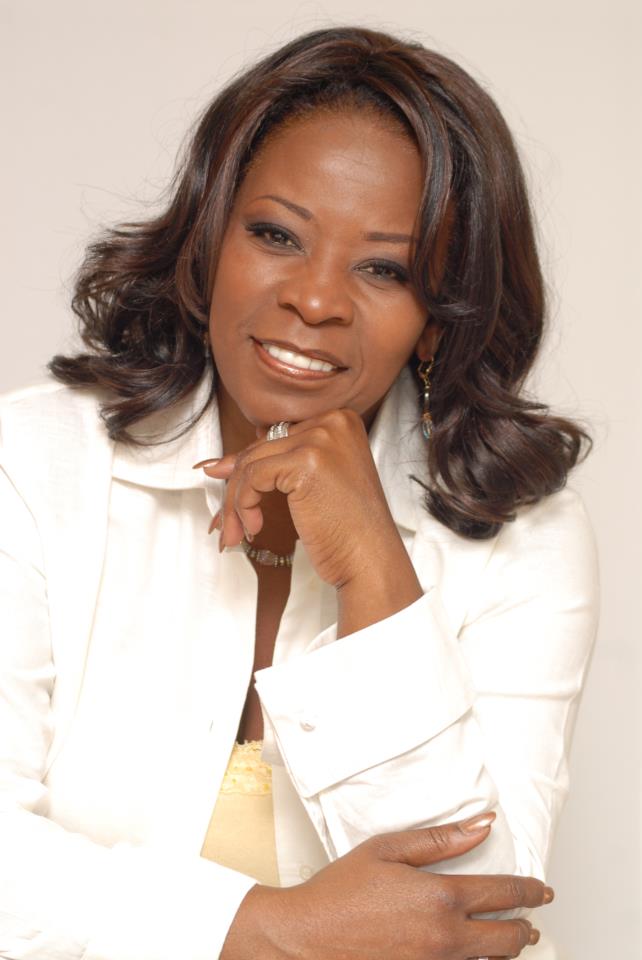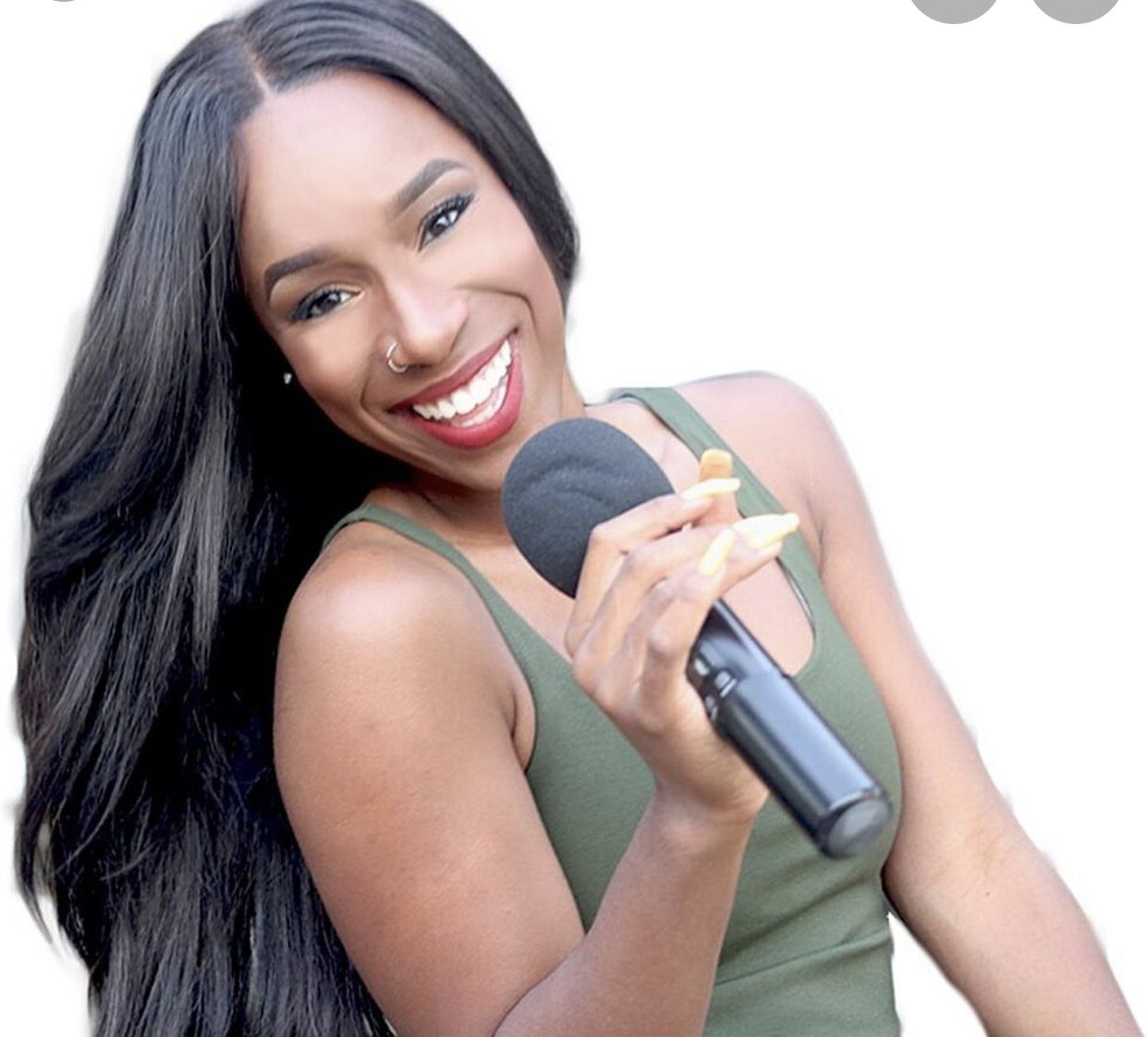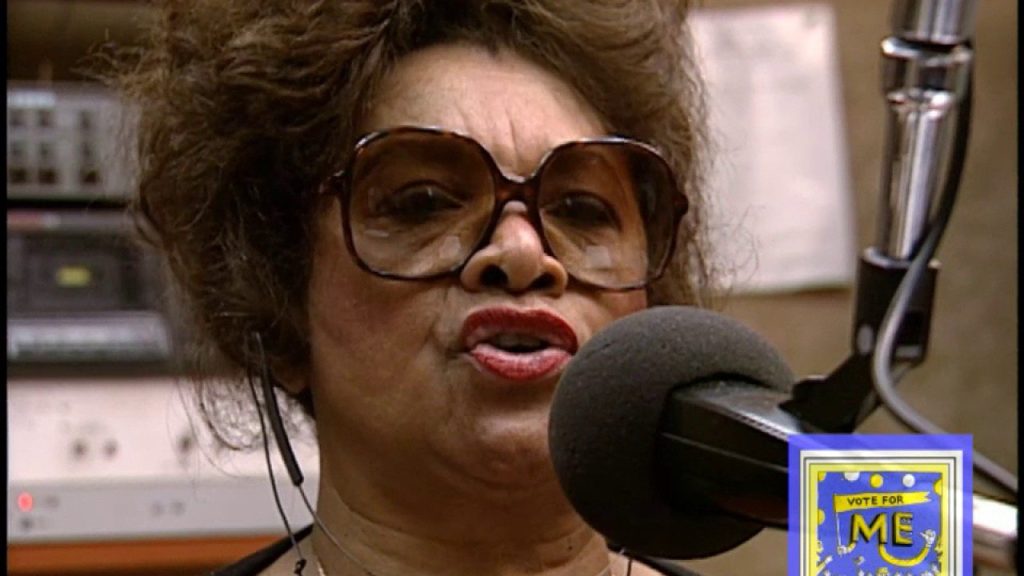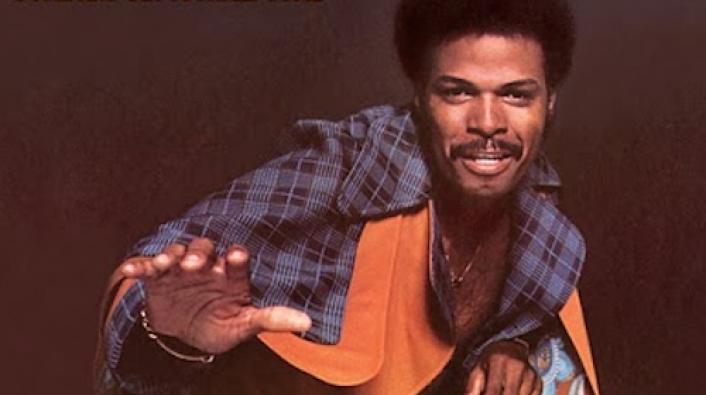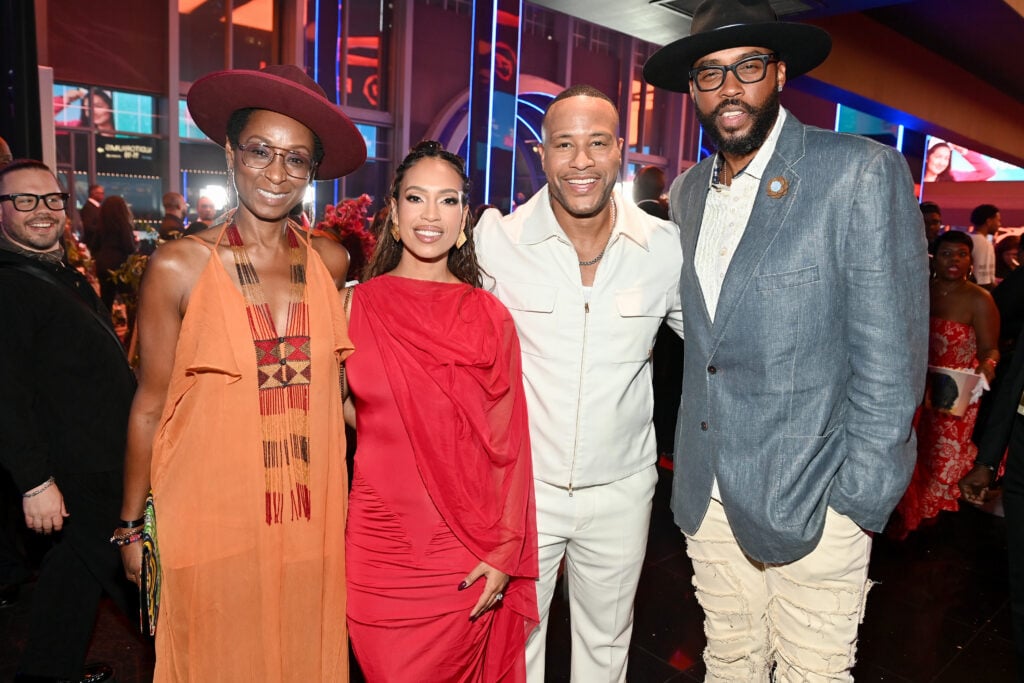For the first time in American broadcast history, women of color are recognized on a national platform for their work in radio. The Black Women In Radio (BWIR) Historic Collection and Oral History Project, curated by BWIR Founder and educator Felèsha Love, is revered as a much needed solution to remedy the exclusion of minority women in American broadcast history.
BWIR announces 33 members in the inaugural class of the BWIR Historic Collection, also referred to as the “Inaugural 30.” Before now, participants were unaware of who shares this auspicious journey. Scholars, researchers, educators, students, and the public will have access to 20th and 21st Century radio careers from the perspective of the BWIR Inaugural 30 who donated hundreds of hours of audio, video, digital media, photos, artifacts, and documents to tell their stories.
“Hands down, this is the most significant work of my broadcast career. Initially, I imagined the pinnacle of my career would occur on stage or in a swanky studio entertaining of millions of fans. Instead, I have been wearing comfy clothes, buried in research, and hammering away on the keys of my old glitchy MacBook to capture America’s untold broadcast history from stellar broadcasters,” said Love.
Thirty-three women from local, national, and syndicated markets, in varying positions ranging from terrestrial radio station owners to on-air personalities, and producers are the foundational pillars of the collection. Each participant began passionate careers in radio which led to becoming familiar clarion voices in their communities for decades.
Some of them nurtured successful parallel careers in the music business, print media, sales/marketing, audio/video content production, movies, National commercial talent, theatre, television, podcasting, social media, entrepreneurship and other forms of Media Arts.
Collectively, the collection illustrates a thousand years of determination, resilience, and dedication to community. Their careers involved informing and entertaining the public; hosting Live broadcasts; running boards, interacting with callers, interviewing artists/guests; hosting Live concerts; making appearances; building professional relationships; rebranding; recalibrating; navigating unfamiliar “boys club” territory; and committing to standards of excellence.
“This collection, at its core, tells the story of passionate women who are either determined to find their voice, keep it, or unmute it in a society that still doesn’t recognize minority women as valuable,” said Love. It’s increasingly evident in business and advertising practices where diversity, inclusion, and equity remain out of reach,” said Love.
Black Women In Radio (BWIR) Historic Collection and Oral History Project will be available to the public through partners at the Library of Congress, the Radio preservation Task Force (RPTF), and the Atlanta University Center’s Robert W. Woodruff Library after administrative and design tasks are complete.
Look for a “save the date” promotion in the coming months. In April 2023, Love will present the Black Women In Radio (BWIR) Historic Collection and Oral History Project at the annual Library of Congress Conference in DC, and announce the itinerary for a traveling exhibit throughout HBCU’s.

